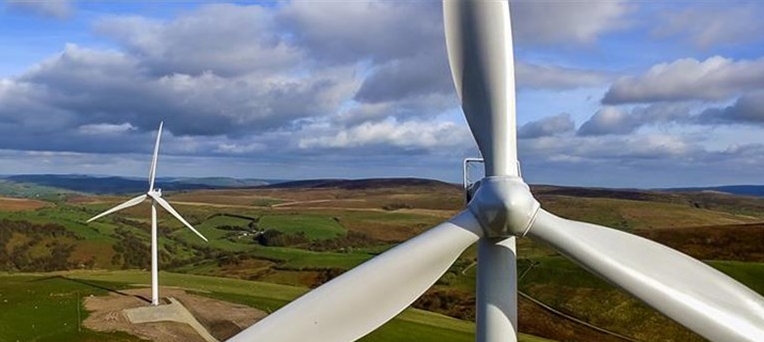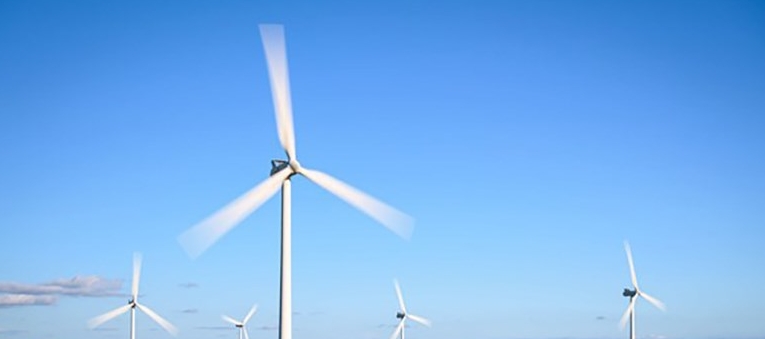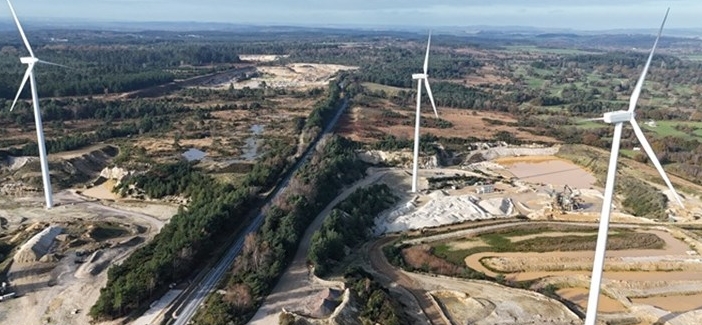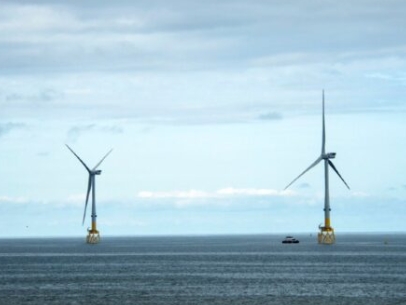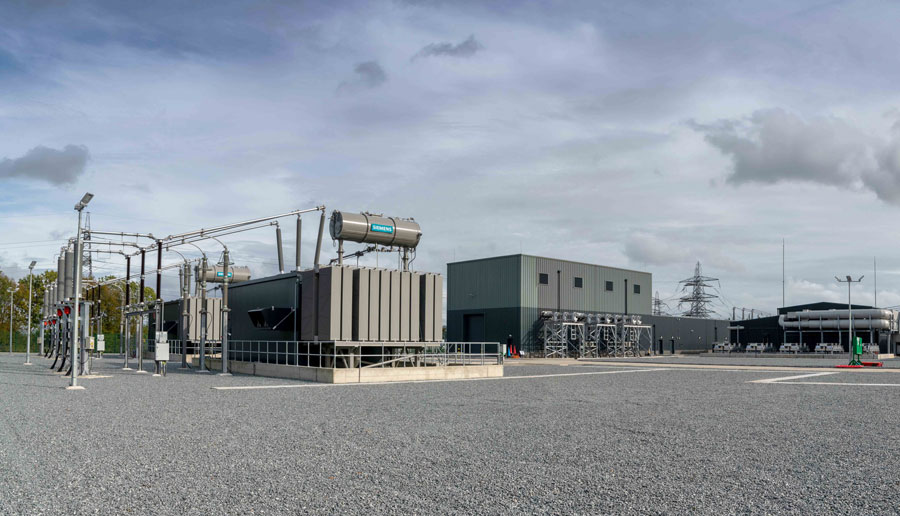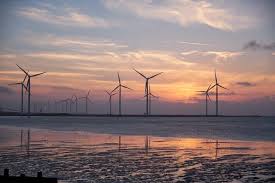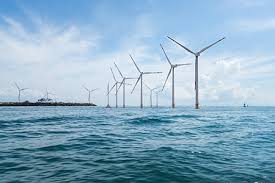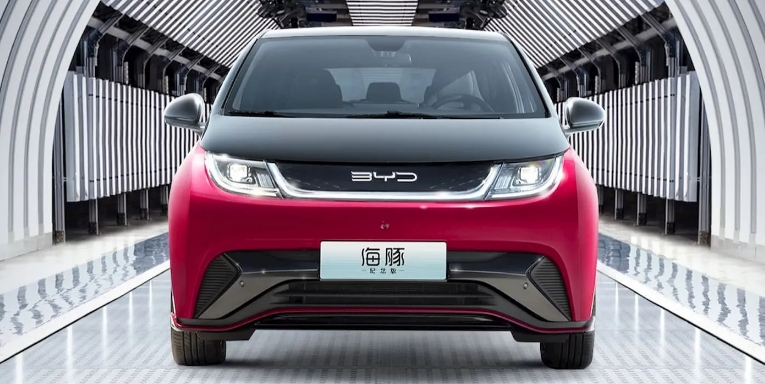
China’s behemoth BYD overtook Volkswagen as the best-selling car brand in China last year, the first time any carmaker outsold the German brand since at least 2008.
BYD reported 2.4 million new car registrations in China last year, according to data from the China Automotive Technology and Research Center. That new data gives BYD a total market share in China of 11%, a rise of 3.2 percentage points, reports Automotive News Europe.
BYD had overtaken VW as China’s best-selling car brand on a quarterly basis earlier last year, with the new data showing that holds true for the full-year results.
For its part, Volkswagen sold some 2.3 million vehicles in China last year, for a year-on-year decrease of 0.2%, and a market share of 10.27%. That’s compared to 2.57 million new cars sold from BYD, for an 11.85% share, according to another round of data from that China Passenger Car Association, according to Car News China.
Last year, BYD sold 1.6 million fully battery-electric vehicles, overtaking Tesla in overall BEV sales. Adding up sales for all so-called new energy vehicles, including battery-only vehicles and plug-in hybrids, BYD sold a whooping 3 million vehicles in 2023.
BYD, the country’s dominant automaker in the world’s largest auto market, had a massive 62% growth in sales last year from 2022. BYD tripled its profits to $1.5 billion in the first half of last year, according to Car News China.
Of course, the Chinese EV market is booming – but looking at the numbers, it’s pretty staggering. Chinese automakers expect to have sold some 9.4 million EVs and hybrids last year, a bump from 6.9 million in 2022, according to data from the China Association of Automobile Manufacturers. For 2024, those numbers are expected to jump to 11.5 million.
Electrek’s Take
Volkswagen had been China’s best-selling brand since 2008, or maybe longer since we don’t have earlier data available from the China Automotive Technology and Research Center. At the end of last year, VW announced its plans to launch an entry-level electric platform specific to the Chinese market, and struck a deal with Chinese EV maker Xpeng to help it boost its EV lineup last July. Still, the German legacy brand has long held a lot of clout in China, but this new data shows that Chinese consumers are happy to buy cheap, high-tech homegrown EVs these days.
